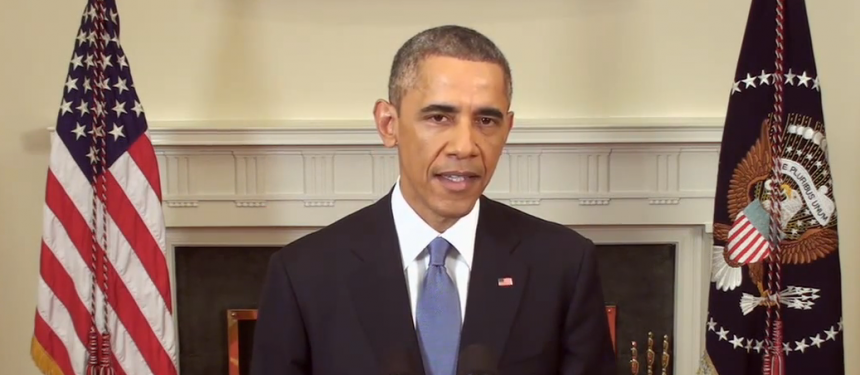President Barack Obama’s surprise televised announcement this week that the US will restore economic and diplomatic ties with Cuba galvanises opportunities for international education, providers and organisations have told The PIE News.
News and business analysis for Professionals in International Education
Have some pie!
New US-Cuba ties spell “exciting opportunities”, educators say
 In a live televised speech from the White House, President Barack Obama vowed to "cut loose the shackles of the past".
In a live televised speech from the White House, President Barack Obama vowed to "cut loose the shackles of the past". Following the announcement, it now appears that the administration will issue new regulations to end all restrictions on educational programmes to Cuba from the US that do not bear academic credit.
The move completes a process boldy begun by Obama in 2011 that expanded academic travel to Cuba, allowing study abroad organisations to apply for specific licences to sponsor programmes in Cuba as well as granting accredited American universities authority to sponsor credit-bearing study abroad programmes in the country on a General Licence, without having to apply for a Specific Licence.
Victor C. Johnson, Senior Adviser for Public Policy at NAFSA said the president’s first announcement made it possible for Americans to study in Cuba again but the second one this week was “by far the most profound”.
He added however that a shift in culture among both Cuban and American institutions will be necessary for the market to truly open up.
“Until now, the Havana market has been saturated, and Cuba has been reluctant to let too many foreign students into the branch campuses in the provinces,” he told The PIE News. “Our universities also don’t encourage study abroad as much as they should.”
The US-based Institute of International Education (IIE), which has facilitated the Fulbright Programme and Generation Study Abroad, described the announcement as an “exciting opportunity.”
“There is a lot of interest among university groups or high school students and young learners to know this different reality, which is Cuba”
“Cuban institutions are now likely seeking internationalisation and there are many areas of potential international collaboration,” President of IIE, Allan E. Goodman told The PIE News.
“In our face-to-face meetings with Cuban counterparts, we have found that the desire to develop partnerships with US institutions through joint research, faculty exchange, or curriculum development is strong,” said Goodman.
IIE is planning to lead a delegation of US universities to Cuba in the coming months to pursue further collaborations he added.
It isn’t just higher education providers that look to benefit from the thawed relations. Spanish language school, Estudio Sampere, established a centre in Havana in 2010. Marketing Manager Sandro Humann said he hopes the new ties will allow a steady increase of American students– which currently make up 12.6% of total enrolments– to the school.
“We have had just very few students from the US so far,” he told The PIE News. “There are certain permits they can apply for, but I’m sure there’ll be much more coming in future, including groups.”
“There is a lot of interest among American university groups, high school students and young learners in general to know this different reality, which is Cuba,” he added.
“The positive impact that it can have in our industry is to lead as an example for other non-democratic Capitalist countries, such as Venezuela”
Eased financial restrictions also make the country attractive for new providers to move in. Fernando Aguilar, Regional Director Central & Latin America for English language provider EC, says the company is eyeing the Cuban market.
“Our challenge is to find out whether there is place for our product and then to find out if there are professional companies to direct with or deliver that service,” he told The PIE News adding: “We cannot ignore a market that is 11 million people and it’s so close to one of our schools in Miami.”
Aguilar observed that the restored diplomatic relationship could lead to an “inspiring liberalisation trend” for the region.
“The positive impact that it can have in our industry is to lead as an example for other non-democratic Capitalist countries, such as Venezuela, the big market that we all have in mind,” he said.
Still looking? Find by category:



10 Responses to New US-Cuba ties spell “exciting opportunities”, educators say